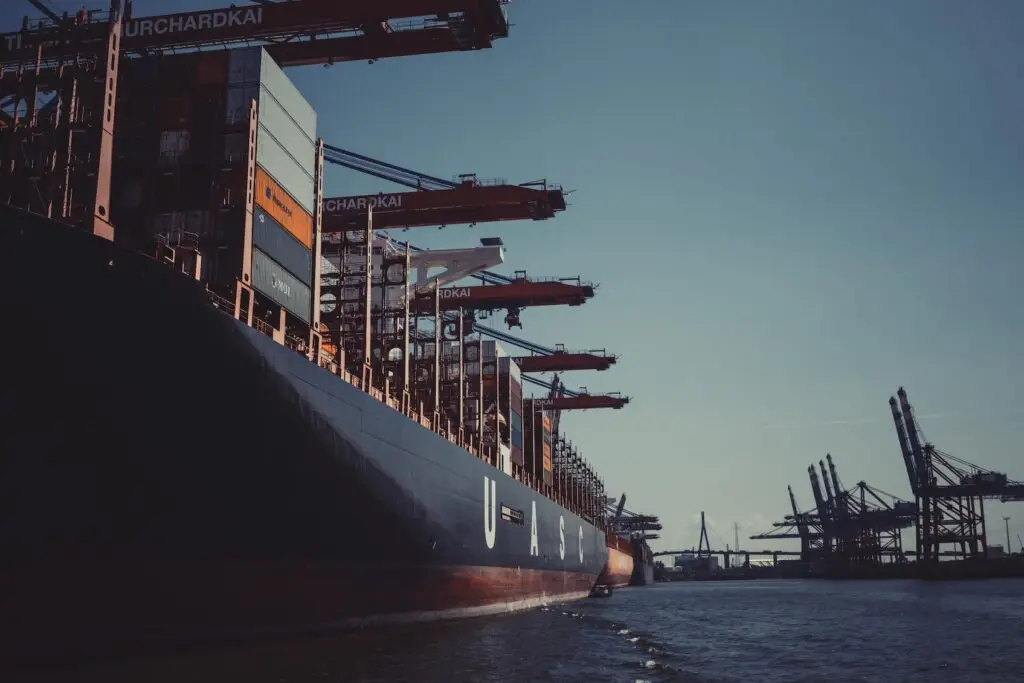Navigating Carbon Challenges in Logistics
In the world of UK logistics, heavy goods vehicles (HGVs) play a crucial role in moving materials efficiently. Articulated HGVs, making up 62% of freight in 2019, are central to domestic supply chains. However, their operational efficiency comes at a notable environmental cost, largely due to their reliance on diesel fuel.
Carbon Emissions in Focus
Within the logistics sector, HGVs contribute significantly to carbon emissions. Accounting for 18% of greenhouse gas emissions and 13% of nitrogen oxide (NOx) emissions in UK road transport, these figures highlight the sector’s carbon footprint. Various factors, from vehicle design to the choice of fuel, shape the emissions landscape.
Decarbonization is the priority, involving short-term measures like optimizing fleet efficiency and a medium-term shift to electric and hydrogen-powered HGVs by 2030.
Seizing the Transition Opportunity
For hauliers considering the shift, a current opportunity exists. Strategic marketing of progress and sustainable processes can position hauliers as pioneers in the industry, securing not just operational efficiency but also current and future revenue streams.
Contextualizing Emissions: Transport’s Role in Carbon
Taking a broader perspective, transport constitutes 24% of the UK’s total emissions, emitting 99 million tonnes of carbon dioxide equivalent (MtCO2e) in 2020. Comparative analyses underline the carbon efficiency of trains and coaches over cars, emphasizing the need for a shift in transport choices.
Local Nuances and Global Realities
The carbon impact is not uniform across the UK. Local authorities, from urban centres to rural landscapes, exhibit varied emissions. Internationally, aviation underwent a significant shift with a 61% reduction in emissions in 2020, showcasing the sector’s vulnerability to external shocks.
Air Quality and Health: A Broader Horizon
Beyond greenhouse gases, the transport sector significantly influences air quality. Nitrogen oxides (NOx) and particulate matter (PM) from transport contribute substantially to the UK’s domestic pollution portfolio. As the industry addresses carbon emissions, parallel efforts must be directed at mitigating the health consequences of air pollutants.
The Imperative of Sustainable Practices
In conclusion, as the logistics sector grapples with sustainability, strategic decisions made today reverberate in the future. Hauliers, navigating the transition, possess a unique opportunity to not only reduce their carbon footprint but also position themselves as industry leaders committed to a greener tomorrow. The journey toward sustainable logistics is not just an environmental mandate but a strategic investment in resilience, innovation, and future competitiveness.


